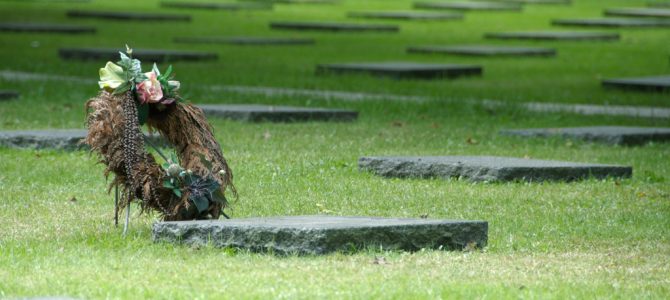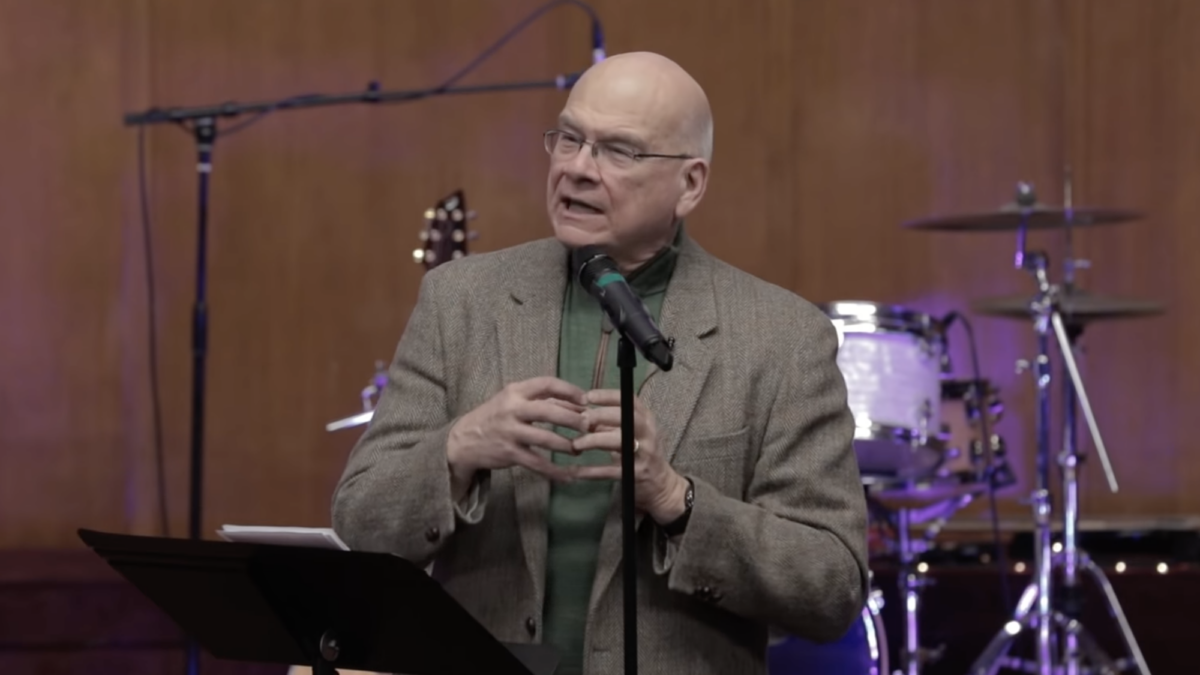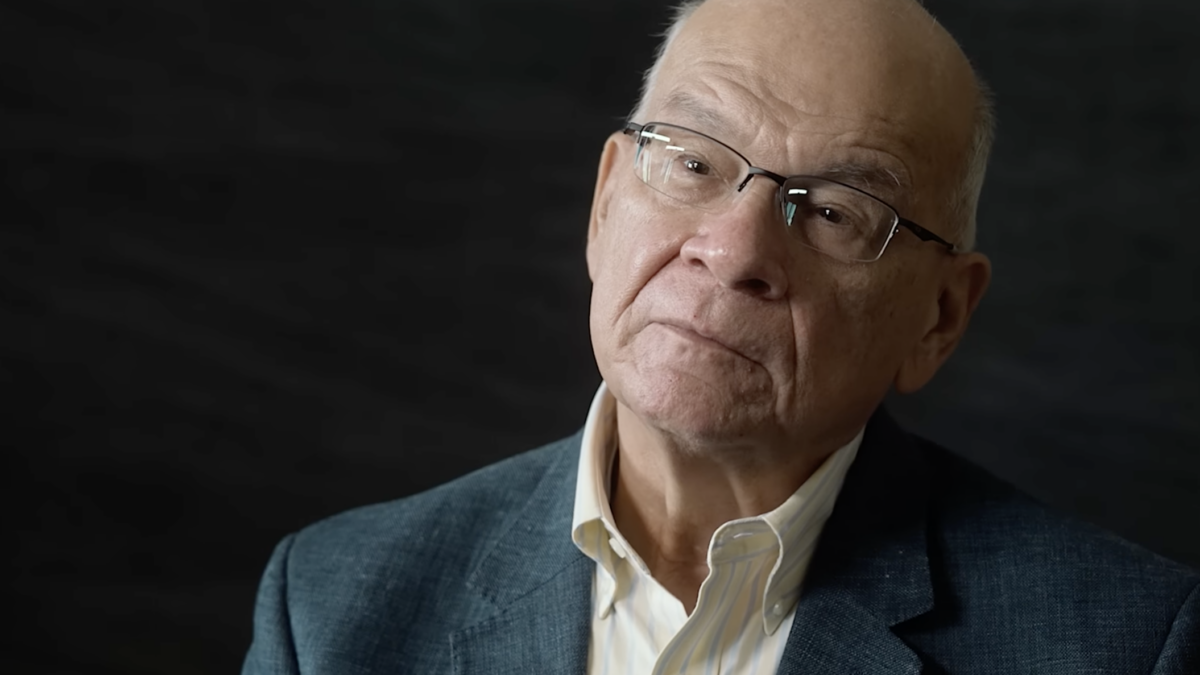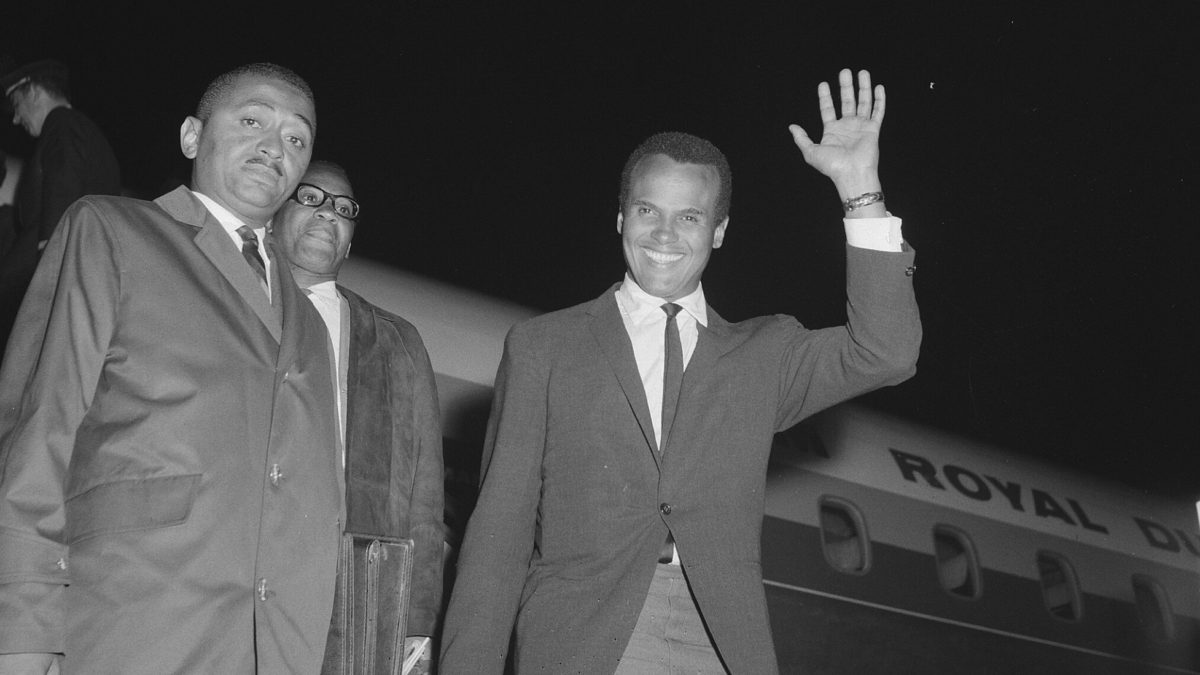
It has been a year since my mother died. She was 85 and had been in ill health, so her death wasn’t unexpected. Still, one is never quite prepared to say goodbye. Here are six things her death showed me about life.
1. The Clichés Are True
You know those oft-repeated, pithy sayings people have about life and death? They’re oft-repeated because they’re true:
“You don’t know how much someone means to you until they’re gone.”
“You should treasure each day because it might be the last.”
“You can’t turn back time.”
The problem is, knowing they’re true doesn’t make it any easier to take them to heart. Aphoristic wisdom has a way of getting lost in the mire of life’s messiness, and one day you wake up and realize there were lots of moments you didn’t treasure and people you didn’t appreciate but it’s too bad because there’s no turning back time. What then?
Unfortunately, the likelihood is that if you had it to do over again, you probably wouldn’t do much differently because 1) you are who you are, 2) life is what it is, and 3) aphorisms, even when accurate, aren’t necessarily helpful.
At the same time, there is comfort in accepting that truth. You can drive yourself crazy with the coulda, shoulda, wouldas. Don’t do it. There’s nothing to be gained and plenty to be lost, as tormenting yourself about the past makes you less able to function, and to care for those you are still given to love, in the present. Cut yourself some slack and remember that everyone is human, struggles, and has regrets. If my mom were still with me, I know that’s what she would say.
2. You Can’t Hurry Grief
Even when your head knows someone is gone, it takes time for your heart to process it. It’s important to allow yourself that time. Little by little over the past year I have gone through my mom’s possessions, keeping some items and giving others to family or charity. But the hardest things to deal with have been those that simply needed to be disposed of: food, medication, toiletries.
For months after my mom died I couldn’t bring myself to throw away the unfinished box of Cheerios that no one else in the family would eat. Doing so seemed too final an acknowledgment that she wasn’t coming back. Wise friends told me there was no hurry, so the Cheerios stayed in the pantry until one day I suddenly knew it was time.
As I write this, there is a small chalkboard in my kitchen that still has a message my 12-year-old son wrote to his grandma on the day she died. That chalk-written message will remain until he’s ready to erase it.
3. The U.S. Health-Care System Is Still the Best Going
I know there are problems. Just ask me about the day I had to cause a scene in my mom’s doctor’s waiting room to get her hospice paperwork processed after multiple unnecessary delays. But overall, in my mom’s final years, the good far outweighed the bad. I will not soon forget:
- the hospital workers who sat with her in my absence to make sure that in her confusion she didn’t try to get out of bed;
- the rehab center administrator who comforted me when from sheer exhaustion I broke down in her office;
- the nurse at the care facility who gently told me it was time to take my mom home to die and then cried with me as she told of watching her own mother go through the same process with her grandma;
- the hospice nurse who came to our home in the dark of night and, after tending to my mom’s body, provided us a compassionate ear until the funeral home director arrived.
Yes, there are bad apples in the health care system, as in every profession. There is bureaucracy, red tape, waste, mismanagement, and all manner of foul-ups. But there are also countless committed, caring individuals who do what they do because they simply want to help people. I am thankful for every one of them.
4. The Human Body Is Beautiful and Deserves Respect
As my mom’s primary caregiver in her final years, I had a front-row seat to the ravages of the aging process. It is brutal. Senses, organs, bones, teeth, mind—in turn, they all start to fail, to small or large extent. Sometimes as I helped my mom with her shower I found myself wincing at her frailty, imagining a day in the future when I would be the one needing assistance.
Yet I will be forever thankful for the opportunity I was given to care for her at home in her last days. As hard as those days were, they were also a priceless gift. I can’t help but remember bringing my babies home from the hospital. It may seem an odd comparison, but at both the beginning and end of life, everything else fades into the background as the focus turns to what matters most: feeding, washing, and holding the one who needs to be tended to.
Caring for my mother in her body—the body that birthed me, and that worked so hard and sacrificed so much to earn every beautiful wrinkle, sag, and scar—was some of the most sacred work I have ever been privileged to blunder my way through.
5. Death Is Terrible and Wonderful
As a Christian, I believe that death is a perversion of God’s plan for creation. Pain, suffering, the decay of the flesh, and earthly separation from those we love was never God’s intention, but instead a result of sinful mankind’s rejection of the Creator’s loving provision. Yet even in death there can be blessing as God works it for good.
The last 15 or so years with my mother were extremely difficult. As her decline accelerated, our relationship was less mother-daughter and more patient-caregiver. At the end it sometimes seemed like that’s all it was.
But since her death, I have been able to step outside the bubble of the last few years of sickness, depression, and doctor visits and remember and appreciate her life in its totality. I have been able to let go of old hurts, dwell on the good, and smile at her memory instead of crying over her suffering.
As a believer in the afterlife, I take comfort in knowing that her pain is now at an end. Recently, in a sermon my pastor observed that often when someone is seriously ill we pray for physical healing, and when that healing is not granted, we console ourselves that at least the person’s in heaven now. But for those who believe in everlasting life, that attitude is misguided. For our loved one to be in heaven, enjoying eternal healing, is not a consolation prize. It’s the ultimate victory!
6. Love Covers All
When someone dies, there is always unfinished business, business we think we might have been able to finish if we could have only had one more week, one more day, one more hour. The truth is, though, that there will never be enough time because we are never ready for death.
Earlier this year as I cried over things I wished I had said or done when my mom was still alive, my husband sat me down and reminded me that just as I am human, so, too was my mom. He asked me if I had forgiven her for not being a perfect mother. I told him of course I had. Then he assured me that she had forgiven me for not being a perfect daughter, and he pointed me to my faith, at the center of which is a God who loved His mother—and mine—perfectly.
If you are grieving the loss of a loved one, one to whom you wish you had one more chance to say, “I love you,” take comfort in all the times you did say it, in words and in deeds both small and large. Trust that the one you loved knew it and forgave you for not showing it perfectly. Then go love all the people in your life that you still can.









